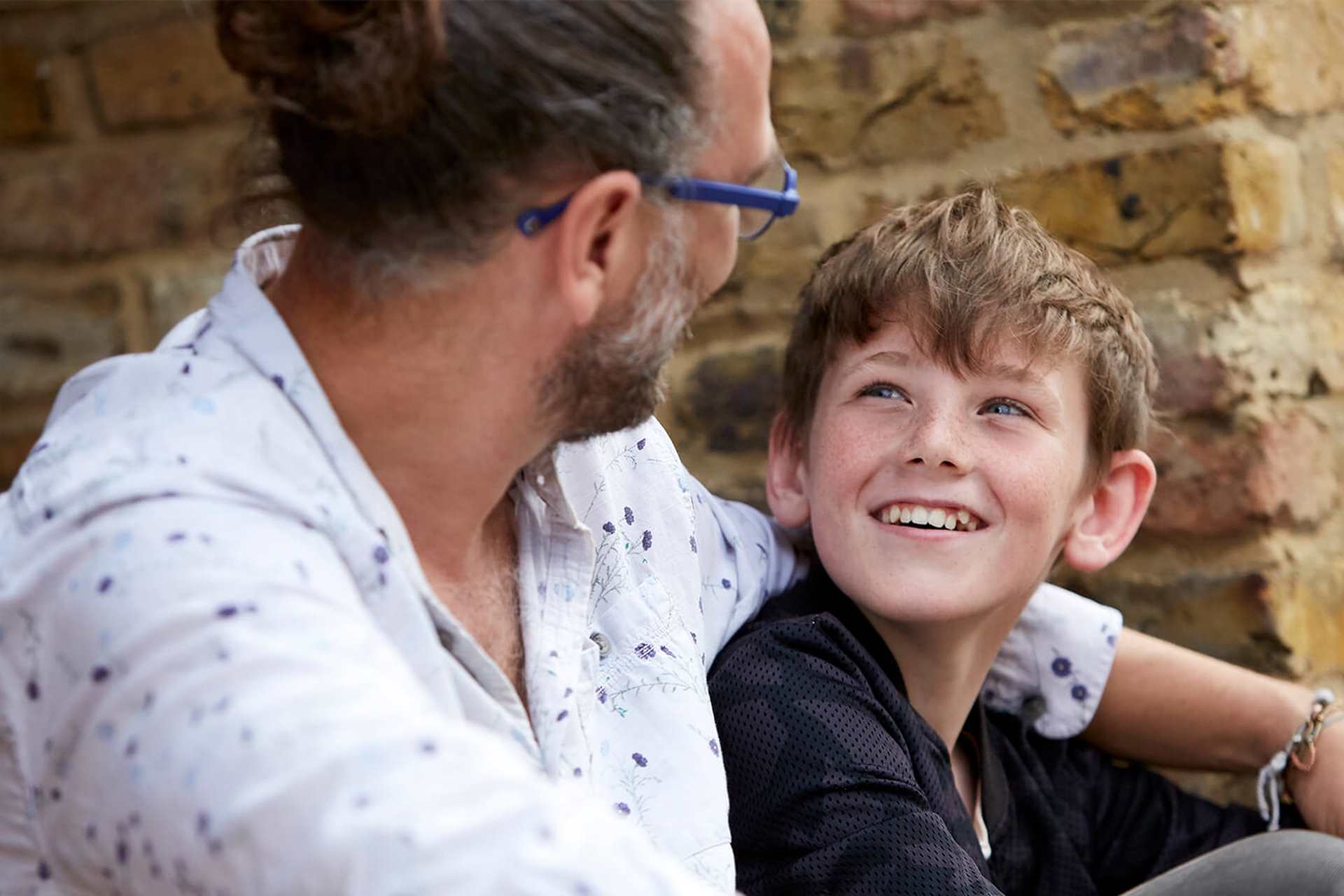Topics mentioned: anger
About: We all get angry sometimes, but if we don't deal with the anger it can build and have a negative affect on our mental health.
Growing up, I saw a lot of anger. I saw the way it affected other people and I knew how it made me feel.
“Why do you never get angry?” is something I get asked a lot. It’s not that I don’t express anger, but I suppose I just don’t show it.
When I explain to others that just like everyone else, I do get wound up, I do want to scream into my pillow or take my anger out on a bean bag, they don’t believe me. I have this habit where I keep it inside, so much so that a lot of it is repressed.
Growing up, I saw a lot of anger. I saw the way it affected other people and I knew how it made me feel. Being on the receiving end of someone else's anger made me push any emotion I had like that to the deepest part of my mind.
I didn’t want to risk hurting anyone, but I ended up hurting myself.
When you tell yourself that you are not allowed to use that emotion, it can be damaging to your own wellbeing.
Feeling angry is entirely normal; it’s a human emotion that helps us to understand who we are, what we like and what we don’t like. So, when you tell yourself that you are not allowed to use that emotion, it can be damaging to your own wellbeing.
There are ways to let out your anger without creating the negative response that you want to avoid. You don’t need to attack another person.
I have a bad habit of not communicating to those around me when I feel angry. I will say and act like everything they do is absolutely fine, even if it is not. I can go years letting a person hurt my feelings, stir my emotions and fuel my anger, but I will not show it.
But eventually, at some point, that frustration needs to come out and it tends to explode. My intention is to communicate how I’m feeling, but I lash out and become a person I don’t recognise. Honestly, it leaves my mental health at a low for days afterwards.
I have learned how to communicate and mention my discomforts before I reach boiling point.
I have lost friends and people around me as a result of texts or rants that I have had when I’m in an angry rage. Like The Hulk, it’s a rage that consumes me and, although it’s a part of me, it’s not who I am or who I want to be.
If anything, when I’ve calmed down (which often happens rather fast), I am left feeling intensely remorseful and guilty.
Anger is something that needs to be addressed and listened to. I have learnt how to communicate and mention my discomforts before I reach boiling point.
Sometimes just accepting that we don’t like something, and expressing that, can prevent a whole outburst.
We have the option to express anger in a way that isn’t aggressive or harmful.
It’s important to remember that honestly, anger does not need to be negative, it can help us communicate to others how we are feeling. We have the option to express anger in a way that isn’t aggressive or harmful; we don’t need to be afraid of showing our emotions because we don’t have to give them the power to control us.
More information and advice
We have tips and advice to help you find the support you need. Take a look at our guides.
Where to get help
However you're feeling, there are people who can help you if you are struggling. Here are some services that can support you.
-
Shout
Text SHOUT to 85258.
Shout provides free, 24/7 text support for young people across the UK experiencing a mental health crisis.
All texts are answered by trained volunteers, with support from experienced clinical supervisors.
Texts are free from EE, O2, Vodafone, 3, Virgin Mobile, BT Mobile, GiffGaff, Tesco Mobile and Telecom Plus.
Texts can be anonymous, but if the volunteer believes you are at immediate risk of harm, they may share your details with people who can provide support.
- Opening times:
- 24/7
-
Childline
If you’re under 19 you can confidentially call, chat online or email about any problem big or small.
Sign up for a free Childline locker (real name or email address not needed) to use their free 1-2-1 counsellor chat and email support service.
Can provide a BSL interpreter if you are deaf or hearing-impaired.
Hosts online message boards where you can share your experiences, have fun and get support from other young people in similar situations.
- Opening times:
- 24/7






